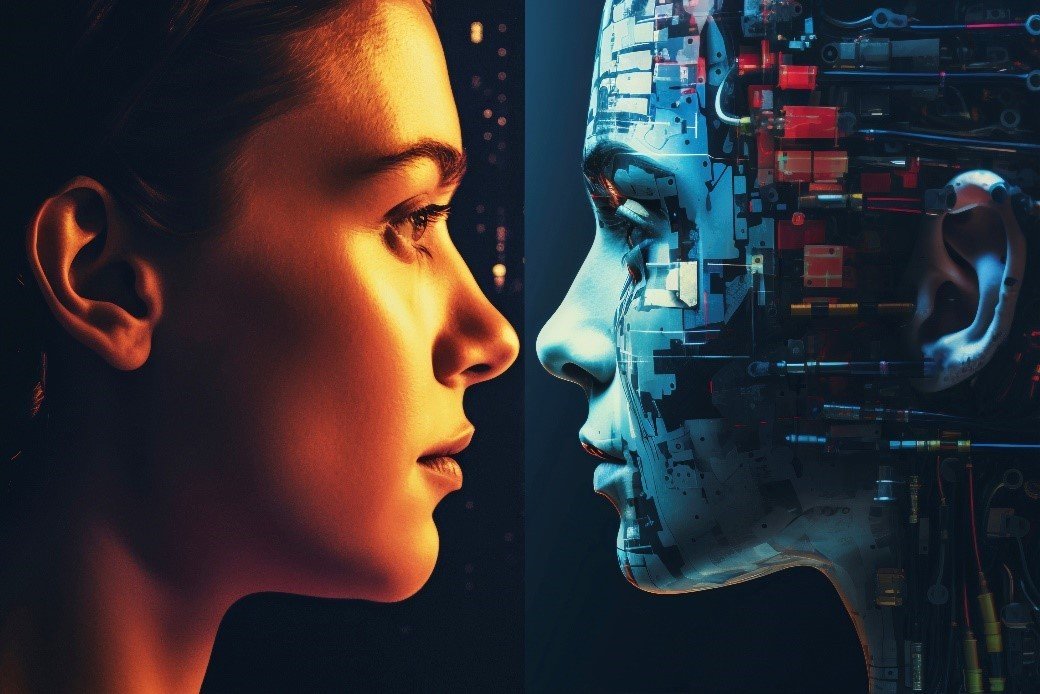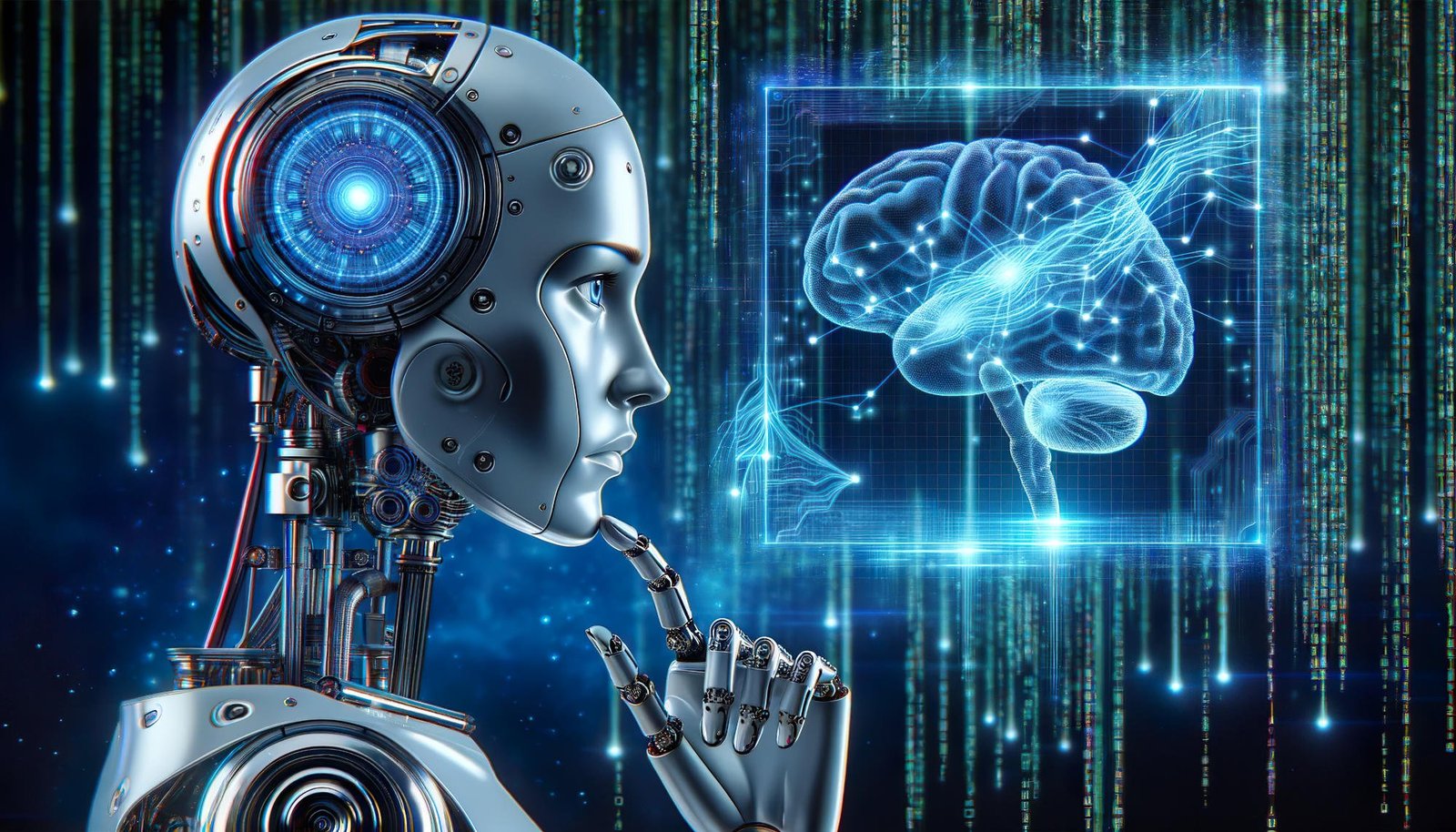As a Catholic reporter, I’m often asked about the Church’s stance on the most pressing issues of our time. Today, that means diving into the complex world of emerging technologies: artificial intelligence (AI), quantum computing, and the ethical crossroads they represent. While some might see a conflict between faith and science, the Church’s approach is not one of fear, but of profound discernment and a renewed focus on what it means to be human.
God’s Gift of Technology
First and foremost, the Church recognizes that technological progress is not an enemy of faith. In fact, it’s a part of God’s plan. The human intellect, our capacity for creativity and problem-solving, is a gift from the Creator. AI and other advanced technologies are, in a sense, a beautiful extension of this gift. They have immense potential to alleviate human suffering, advance medical research, and solve global challenges like climate change. The key, as the Vatican has made clear, is ensuring that these tools are used for the common good and not simply for profit or power.
The Vatican’s Ethical Framework for AI
The most extensive and recent engagement from the Holy See on these topics has been with AI. The Vatican has not been silent; it has been a leading voice in the global conversation on AI ethics. A recent document, Antiqua et Nova (Ancient and New), outlines the Church’s position, rooted in the foundational principle of human dignity.
the Church recognizes that technological progress is not an enemy of faith. In fact, it’s a part of God’s plan. The human intellect, our capacity for creativity and problem-solving, is a gift from the Creator. As Pope Francis has stated, “The use of these powerful tools must never be detached from our fundamental concern for the dignity of the human person and the pursuit of the common good.” He has consistently warned against the danger of a purely technological paradigm, one that places efficiency above human flourishing.
The Church’s wisdom reminds us that while we can create incredible things, we must never confuse the creation with the creator. “Artificial intelligence is a powerful tool, a reflection of human genius, but it can never possess a soul, nor the capacity for genuine love, forgiveness, or grace,” reflected Cardinal Peter Turkson, former head of the Dicastery for Promoting Integral Human Development. He has emphasized that the unique qualities of human consciousness, such as free will and the ability to find meaning, are divinely given and cannot be replicated by an algorithm, no matter how sophisticated.
The Practical Challenges and Pastoral Response
The conversation around these technologies isn’t just abstract; it has real-world implications for our communities. Bishop Emmanuel of a diocese in the Midwest recently highlighted the pastoral challenges and opportunities. “We must be proactive in educating our faithful about these technologies. We have a duty to help our young people navigate the ethical questions surrounding social media algorithms and virtual realities, and to teach them to use technology for building up communities, not tearing them down.” He has also spoken about the potential for technology to be used for good, such as using AI to manage diocesan resources more efficiently or employing digital platforms to reach the homebound.
The Catholic Church is not only watching but actively engaging with these emerging technologies. Through the Vatican’s own commissions and the work of Catholic scientists at institutions like the Vatican Observatory, the Church seeks to guide technological development toward a future that upholds human dignity, promotes justice, and serves the greater glory of God. In the end, whether we’re talking about AI, quantum computing, or any future technology, the Church’s message is constant: technology must serve humanity, not the other way around. Our greatest innovations are not in the code or the hardware, but in our capacity to use these tools with wisdom, compassion, and a commitment to the ultimate good.
Here are some of the key takeaways from the Vatican’s guidelines:
AI is a tool, not a person: The Church cautions against anthropomorphizing AI. It is an “exceptional product of human genius,” but it lacks a soul, free will, or the capacity to love. We must never confuse a machine’s data-driven efficiency with genuine human intelligence, which includes abstraction, emotion, and a search for truth and beauty.
Transparency and accountability are essential: AI-generated content should be clearly labeled. The Church stresses that humans must always remain in control. We cannot cede our moral or ethical decision-making to an algorithm. For example, the Vatican’s own guidelines explicitly state that AI should not be used in judicial functions; the interpretation of law and the dispensing of justice are exclusively human vocations.
Preventing discrimination and widening divides: The Vatican warns that if left unchecked, AI could perpetuate existing social inequalities, deepen the “digital divide,” and be used to manipulate vulnerable populations. The Church calls for a commitment to ensuring AI serves everyone, especially the most marginalized.
A call for a ban on lethal autonomous weapons: Pope Francis has been a vocal opponent of “killer robots”—lethal autonomous weapon systems that can identify and strike targets without direct human intervention. He argues that this technology poses an “existential risk” and calls for its outright ban, emphasizing that no machine should ever have the power to choose to take a human life.
Quantum Computing: A Frontier for Dialogue
While the Church’s statements on AI are becoming more defined, its engagement with quantum computing is still emerging. Quantum mechanics—the science behind quantum computing—is a complex field that, on a philosophical level, has prompted questions about the nature of reality. The Vatican Observatory, staffed by Jesuit scientists, is a testament to the Church’s long-standing belief that faith and scientific inquiry are not in opposition but can enrich one another. The observatory’s work in fields like quantum gravity shows that priests and religious brothers are actively engaged in the scientific community.
The Church’s approach to quantum computing is one of cautious optimism and intellectual curiosity. It encourages a dialogue between scientists and theologians, seeking to understand how this emerging technology might serve humanity while upholding our faith-based understanding of the universe and our place within it.
In the end, whether we’re talking about AI, quantum computing, or any future technology, the Church’s message is constant: technology must serve humanity, not the other way around. Our greatest innovations are not in the code or the hardware, but in our capacity to use these tools with wisdom, compassion, and a commitment to the ultimate good.
AI, Quantum Imp, and the Human Soul: A Catholic Reflection








Leave a Reply